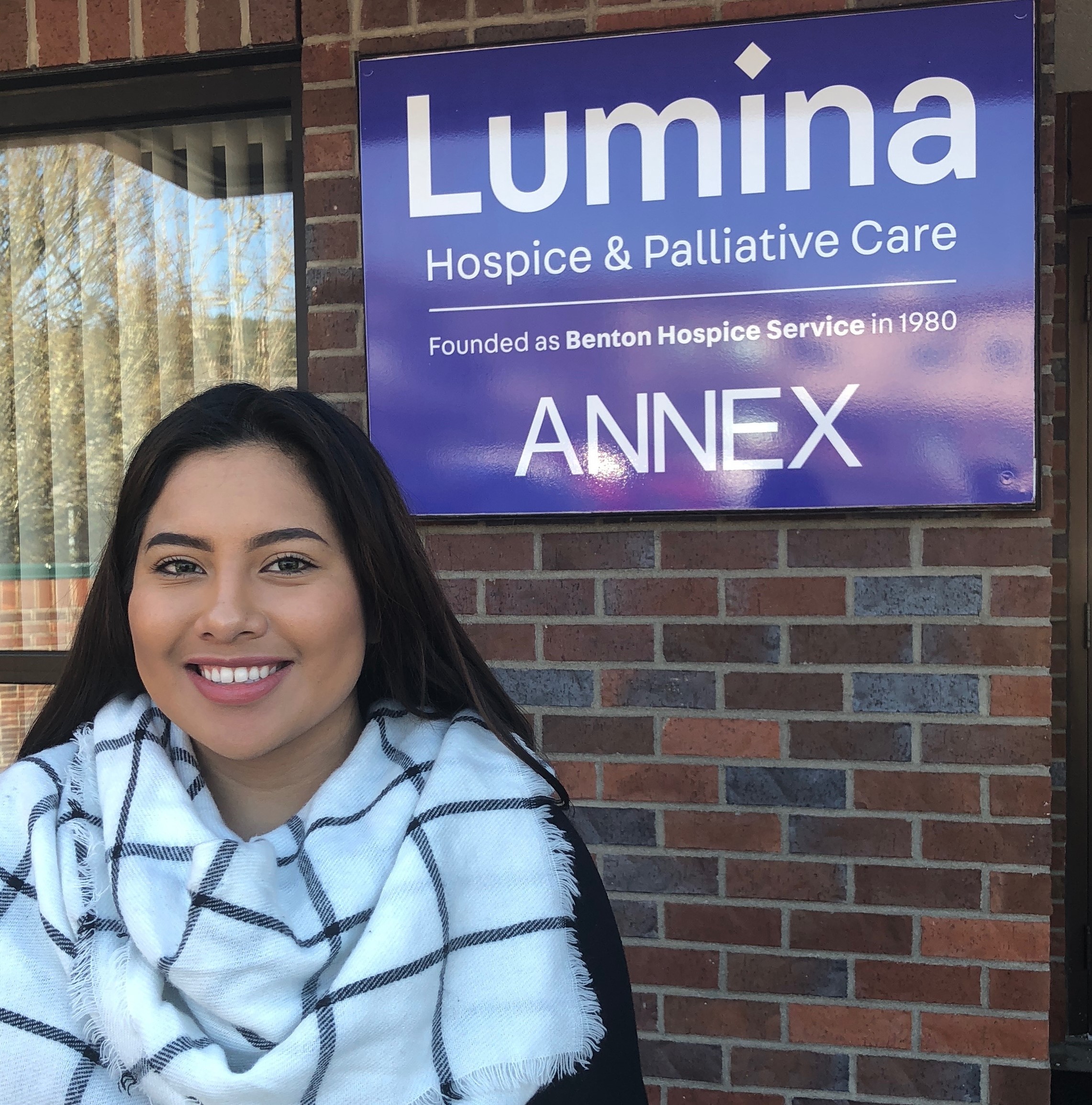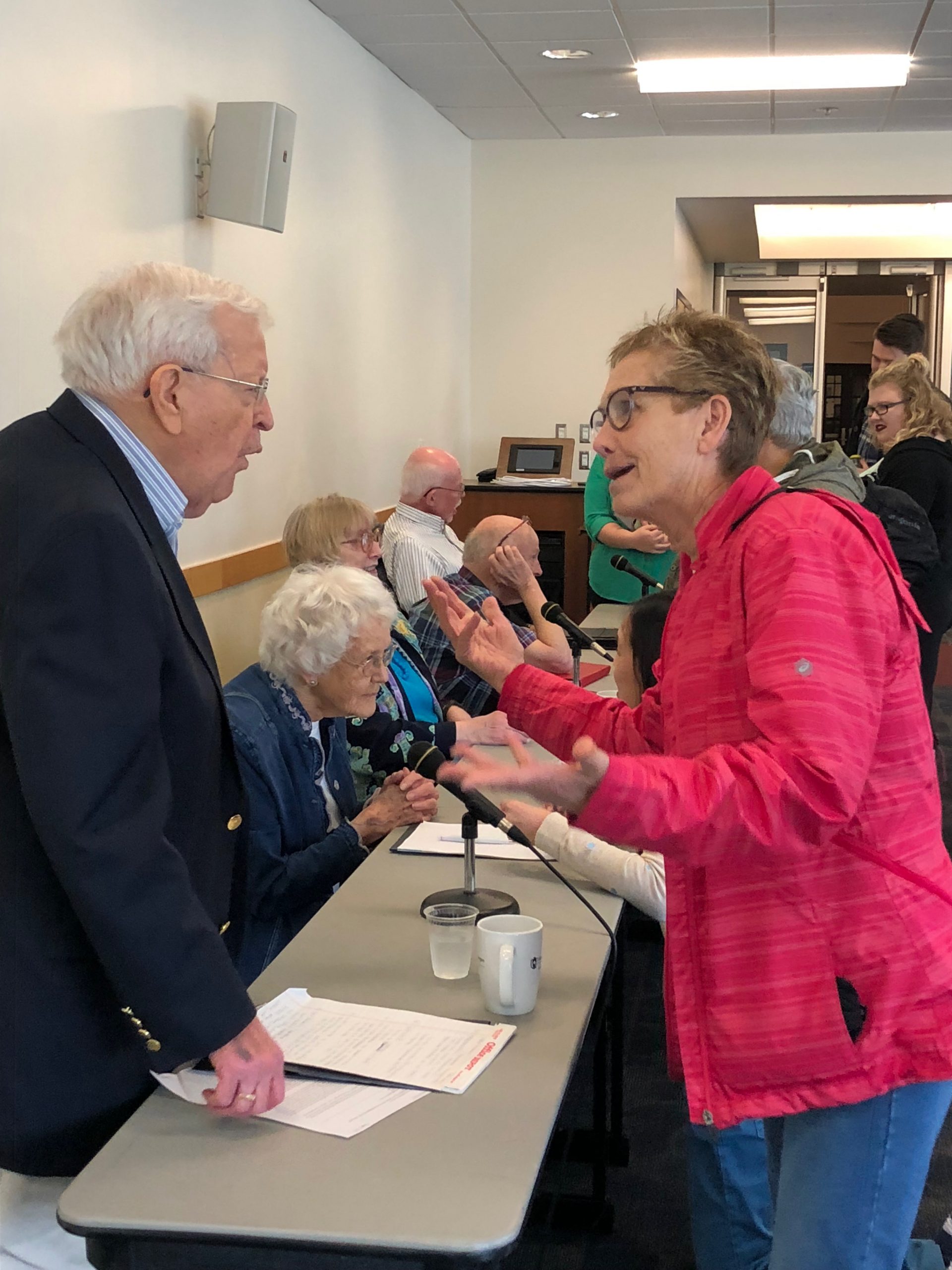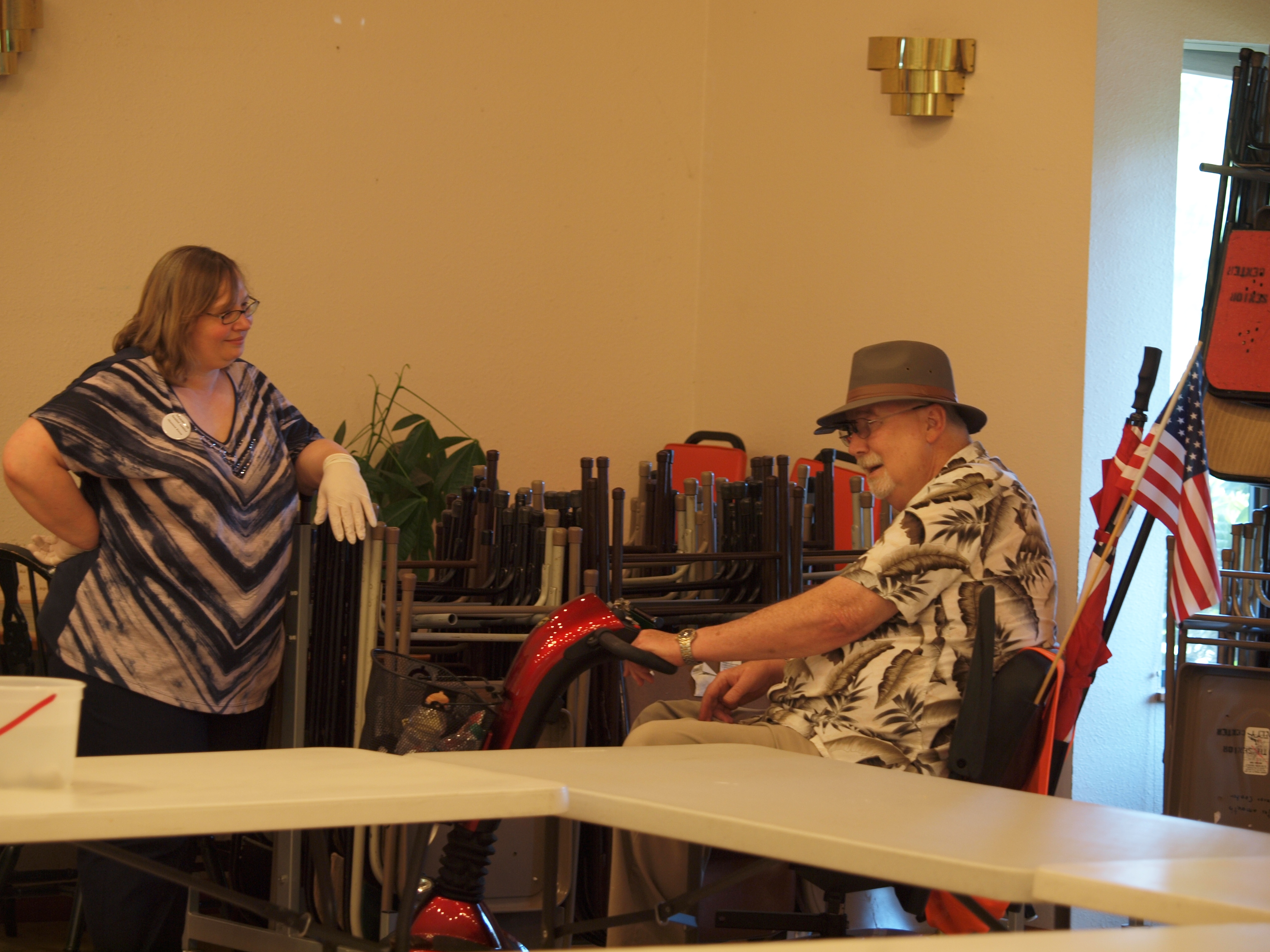Gerontology: Aging and Older Adulthood
Gerontology focuses on the social, psychological, and biological aspects of aging and older adulthood. Our program embraces a multidisciplinary approach to address the aging process from such fields as psychology, health, biology, sociology, demography, policy, humanities, business, and economics. Our majors are generally interested in improving the lives and well-being of older individuals and their families through career paths in case management, housing, long-term care, services and supports, physical health, and social opportunities. Many students utilize their understanding of aging and applied experiences to pursue graduate work related to health and well-being.
Minor
This minor is an exceptional complement to other majors on campus focused on areas such as psychological well-being, individual and community health, leadership, policy, and social services.
- The minor consists of 28 hours of coursework (3 core courses and 4 electives).
- Students seeking a minor may also participate in a 60-hour internship.
Major
Our Bachelor of Science/Bachelor of Applied Sciences major provides an in-depth understanding of aging and older adulthood and is aligned with the AGHE Competencies for Undergraduate Education.
- The program is comprised of 58 quarter credit hours (11 core courses and 3 electives).
- The major requirements can be completed comfortably in two years with room for a minor or concentration in another field.
- Students complete 180 hours of internship experience within a wide network of agencies and organizations that serve older adults.
- Those seeking a subsequent undergraduate degree in Gerontology must complete 36 credits (WOU graduate) or 45 credits minimum (non-WOU graduate) when completing the major. Students complete 180 hours of internship experience within a wide network of organizations that serve older adults.
Certificate
This new program option was developed specifically for non-majors/non-minors seeking health careers that often interface with older adults.
- Introductory coursework provides a basic understanding of the biological, psychological and social aspects of aging.
- To earn the certificate, students must officially enroll in the certificate program and complete 3 required courses and 1 elective.
- The Certificate is awarded when you receive your undergraduate degree.
Hear from
Gerontology student
Ruby Van Dyke!
What can you do with a Gerontology Education?
Our older adult population is growing dramatically on the global, national, and state levels. In addition to the growing aging population that will require specialized services, there are also unmet workforce training needs. Students who have received training in gerontology will be marketable in a broad range of career fields and provide important services for our communities. Students entering graduate school with the foundation of a gerontology undergraduate education are recognized as especially valuable in geriatric social work, occupational therapy, physical therapy, rehabilitation counseling, and other programs focused on health and wellness.
An integral component of the major is the practicum series, where students gain real-world experiences and skills in the field of gerontology. Practicum experiences also help students navigate the transition from college to career.
The following are examples of some of the employment opportunities for students who have been trained in gerontology:
Possible Job Titles
- Case Manager
- Activities / Life Enrichment Director
- Social Services / Care Coordinator
- Eligibility / Program Support Specialist
- Executive Director in Assisted Living
- Mental Health Counselor
- Volunteer Coordinator
- Transitions Program Coordinator
- Operations Director / Administrative Assistant
Possible Employers
- Long-Term Care Communities
- Memory Care Communities
- Area Agencies on Aging
- Senior Centers
- Hospice and Palliative Care Organizations
- Health Clinics
- Research Institutes
- Advocacy / Non-Profit Organizations
- Departments of Health and Human Services
See what our Alumni have to say!
Hands-On Learning
“Do the practicum where you can see yourself working at! Continue to volunteer after the practicum is over if allowed…I did this and got hired at my practicum site because I stuck around.”
2016 Alumni
A Growing Need
“Gerontologists are needed, and desired, in every role…There is a lack of older adult-friendly and knowledgeable professionals available.”
2017 Alumni
Finding Your Passion
“Find out what it is about working with older adults that you love and dig into it. I was intrigued by dementia, and now I work to improve the quality of life with those with dementia.”
2017 Alumni
Get to know us!

Melissa Cannon, PhD
Associate Professor, Department Head
cannonm@wou.edu
“Hi! I began teaching at WOU in 2016. My research primarily focuses on how our social and built environments affect us as we age, age-friendly communities and universities, and the importance of community and “third places” for older adults. I love being at WOU because we have amazing students, a beautiful campus, and a positive, supportive community!”
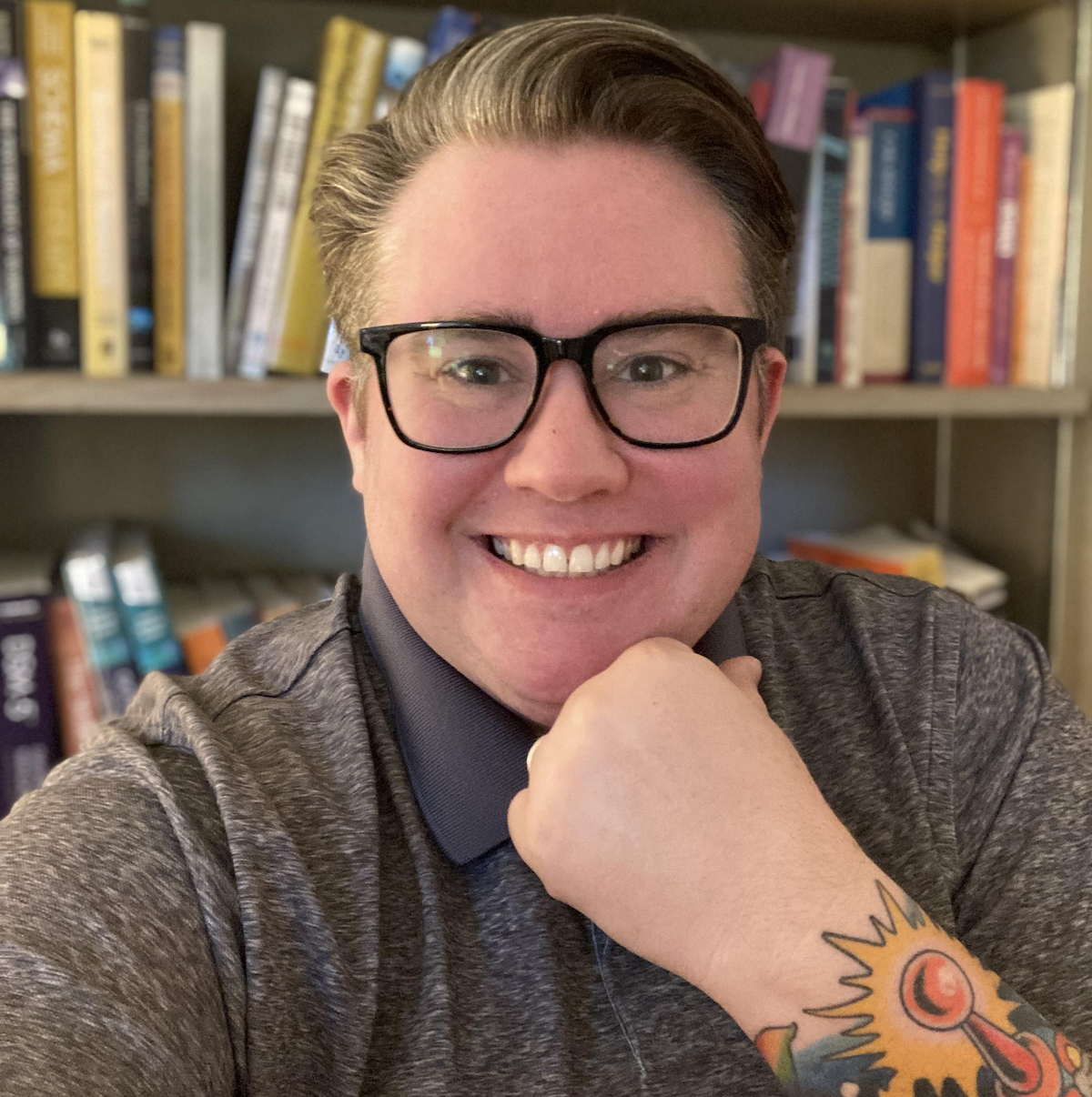
L.B. Bouchard, PhD
TT Assistant Professor
bouchardl@wou.edu
“Hello, I’m Dr. Bouchard! I started at WOU in Fall of 2024, and I am loving it so far. My research focuses on social gerontology, specifically the ways relationships and social connectedness play a role in healthy aging. Some of the topics I investigate include humor in resilience narratives, narrative identity development across the life course, and creative teaching methods. I am a qualitative researcher and a dedicated educator, and I love helping students learn more about research. WOU is a wonderful place where I’m able to practice relational connectedness among a diverse community.”
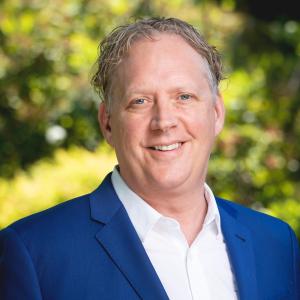
Rob Winningham, PhD
Professor
winninr@wou.edu
“I have been teaching at WOU since 2000 and helped create the Gerontology Major. My research focuses on maximizing quality of life for older adults through cognitive stimulation, social engagement, physical exercise, and other interventions. One of my favorite things about being at WOU is helping students find their passion and opening up professionals doors for them”
ADDITIONAL QUESTIONS? - We would love to hear from you!
Contact: Behavioral Sciences Office
Phone: 503-838-8344 | Email: behavioralsciences@wou.edu
Office hours, Todd Hall 325: 8:00 -12, 1- 4:30 pm, Monday - Friday

